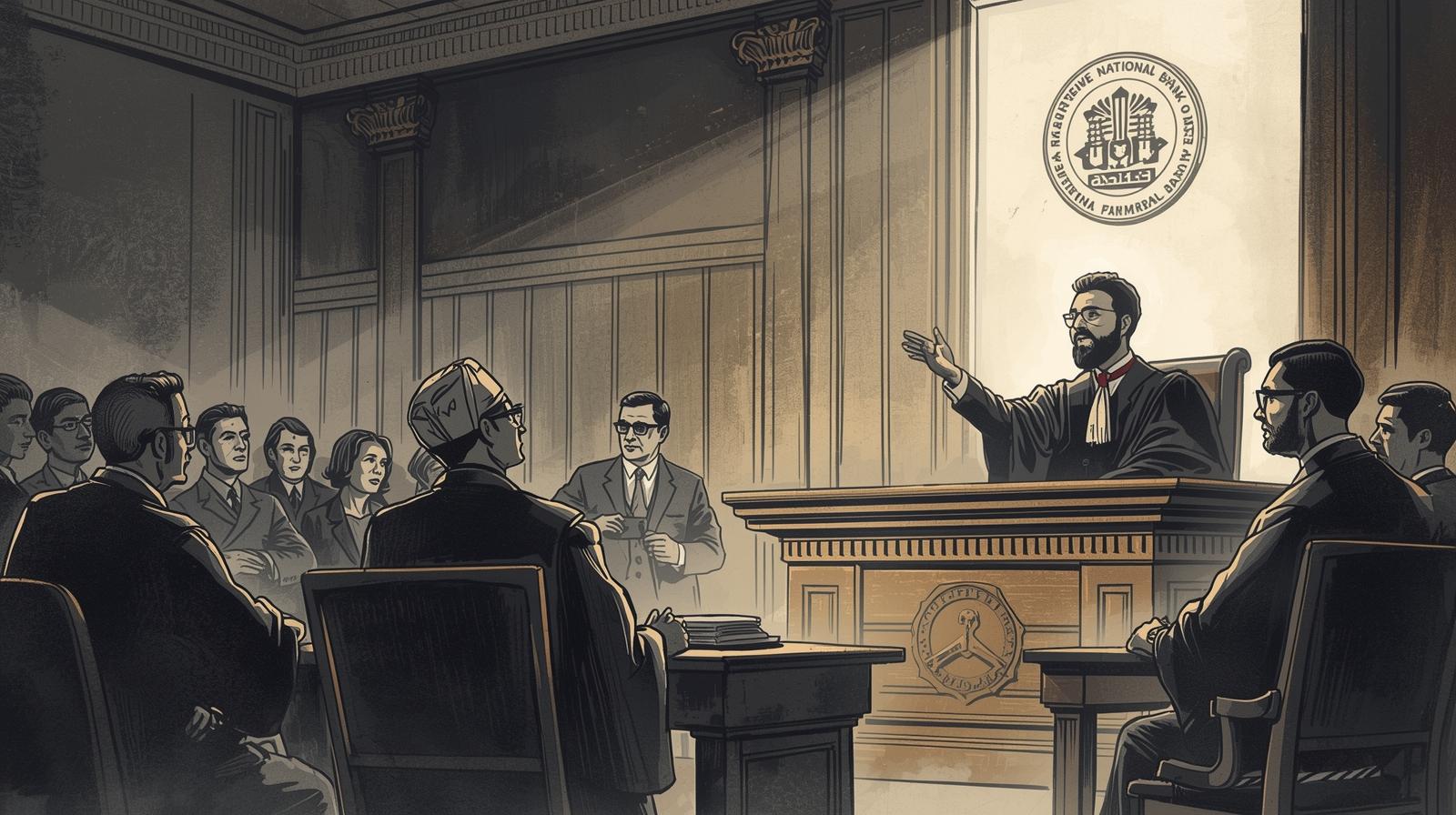Misuse of legal avenues by the bank, warranting severe reprimand from the apex court
In a significant legal development, the Supreme Court of India has taken a firm stance against Punjab National Bank (PNB) regarding its handling of proceedings under the Securitisation and Reconstruction of Financial Assets and Enforcement of Security Interest (SARFAESI) Act. The case, titled Mohammad Zubair Ahmad v. Punjab National Bank, highlighted procedural lapses and the misuse of legal avenues by the bank, warranting severe reprimand from the apex court.
Case Overview
The case involved a dispute over auction proceedings related to the SARFAESI Act, where the original borrower and the bank settled in a Lok Adalat. However, the Supreme Court noticed grave procedural errors in how PNB handled the matter, particularly in approaching the High Court when the jurisdiction lay with the Debts Recovery Tribunal (DRT). The Supreme Court's bench, comprising Justices J.B. Pardiwala and Sandeep Mehta, expressed disapproval of the bank's decision to bypass established legal channels, emphasizing the need to adhere to judicial protocols.
Court's Directives
During the proceedings, the Supreme Court directed the top officials of PNB, including the Chairman-cum-Managing Director and the Chief General Manager, to be personally present in court with all relevant records. The court's primary concern was the improper filing of a writ petition by the bank in the High Court, instead of approaching the DRT, which is the appropriate forum for SARFAESI matters.
The Supreme Court ordered PNB to withdraw the writ petition from the High Court unconditionally and mandated the issuance of a final sale certificate to the auction purchaser within 48 hours of withdrawal. The bench also highlighted that any grievances regarding the auction proceedings could be legally contested by the borrower at the appropriate forum.
Implications for Financial Institutions
This judgment serves as a critical reminder for financial institutions about the importance of adhering to judicial processes and respecting the jurisdictional boundaries set by law. The Supreme Court reiterated that High Courts should refrain from exercising writ jurisdiction in SARFAESI matters, and banks should not approach constitutional courts when the DRT is the designated authority.
Accountability and Future Actions
The Supreme Court was particularly disturbed by the settlement reached in the Lok Adalat and questioned the bank's decision-making process. The court suggested that PNB consider departmental actions against officials responsible for the litigation mishaps. The Attorney General, representing PNB, conceded the bank's error and assured the court of corrective measures, including a policy decision to prevent future lapses.
Conclusion
The Supreme Court's directives in this case underscore the judiciary's commitment to ensuring procedural propriety and accountability in financial disputes. By holding PNB accountable, the court aims to set a precedent for other financial institutions to follow legal protocols diligently, thereby upholding the rule of law and protecting the interests of all parties involved. The matter is scheduled to be revisited on September 17, 2025, to assess compliance with the court's orders.
Mohammad Zubair Ahmad v. Punjab National Bank, (SC) : Law Finder Doc id # 2777326




